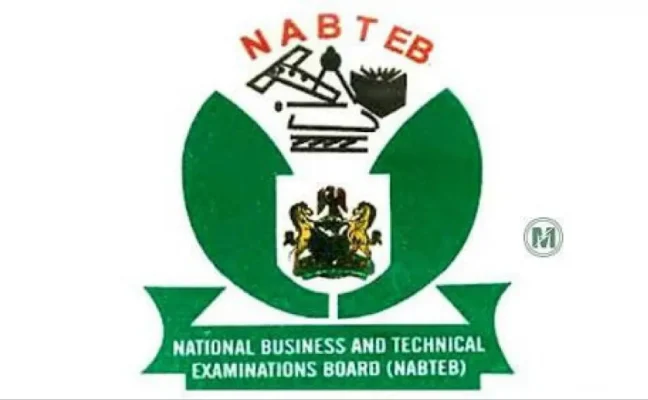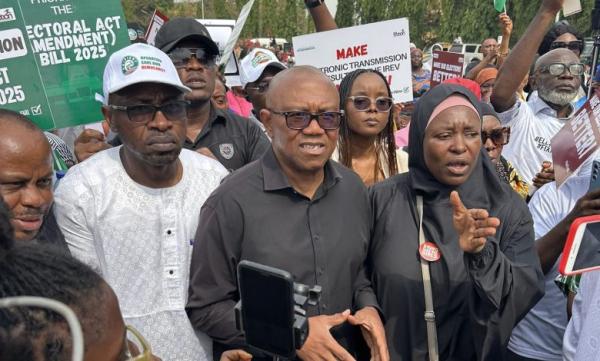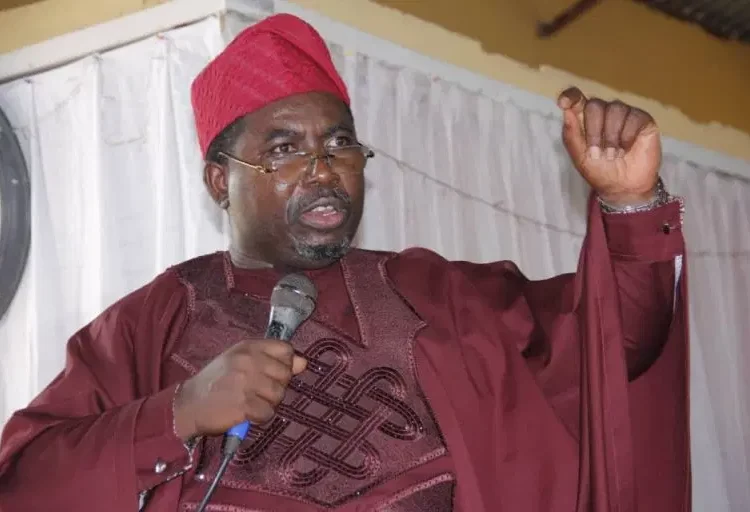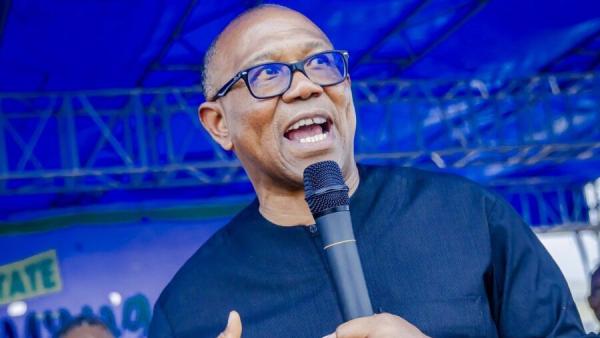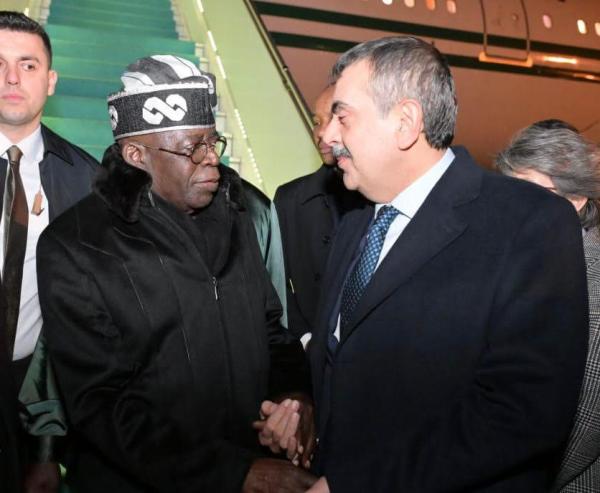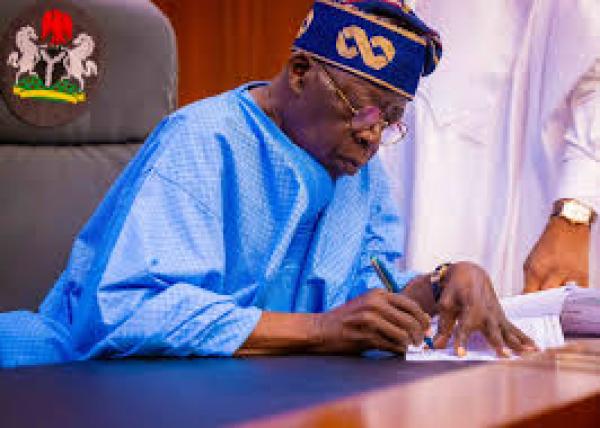
PRESSURE is mounting within Zanu PF and the country for President Robert Mugabe (91) — now ailing and frail — to quit before the end of his current tenure in 2018 due to explosive succession and economic problems, amid agitation within inner circles that he should leave anytime starting January next year.
Talk of Mugabe stepping down, mainly within Vice-President Emmerson Mnangagwa's Zanu PF faction, has been going on for several months, but there has been an upsurge of pressure and stirrings of tensions in recent months with most officials indicating Mugabe is likely to have a reduced role or quit after completing his term as African Union (AU) chairperson in January.
Expectations of Mugabe's departure come at a time when Mnangagwa is increasingly overseeing the day-to-day running of government, while efforts are being stepped up to erase former vice-president Joice Mujuru's footprints within the system. Mujuru's moves to form a new party to challenge Mugabe if he stays until 2018, have also rattled and put pressure on him as shown by his anxious remarks this week.
Mnangagwa, who is also Justice minister and Zanu PF chairman on a rotational basis, last week consolidated his grip on power after Mugabe's cabinet reshuffle which brought on board over 10 of his loyalists into government as ministers and deputy ministers.
Mnangagwa further consolidated his hold by getting his close ally, journalist-turned politician, Makhosini Hlongwane, appointed Minister Without Portfolio last week, to become the new Sports minister.
A senior official close to Mnangagwa last week said: "We have been told that he (Mugabe) is leaving after his Sadc and AU mandates. Since he completed his Sadc tenure last month and is finishing the AU one in January, our understanding is that he will leave anytime after that."
However, Presidential spokesman George Charamba last week hinted Mugabe is there to stay.
"What is the link between the AU and the Zimbabwean presidency? They will meet him in 2018," he said.
But another official said in the aftermath of Mugabe's monumental political blunder of reading a wrong speech in parliament on Tuesday last week, which further showed his dotage; it would not be surprising if he were to go before 2018.
"This has always been said throughout this year. Remember it started ahead of his birthday in February that he might go after that and it was also said around Independence Day, and now in connection with Sadc and the AU," an official — widely seen as Mnangagwa's chief-of-staff within his faction, said.
"So now we hear he is going in January next year or any time before 2018, but nobody knows whether this is true or not. However, it's being said a lot among us and so we have to wait and see. Anything can happen."
Zanu PF insiders say Mugabe, who usually acts as if he does not care, is actually troubled by succession problems in his party, because how things will eventually pan out has a bearing on his family's future and his legacy, which is why he often angrily speaks on the issue. It is also said he is worried about the economy's nosedive and the potentially volatile consequences as shown by his endless travels to ask for rescue packages and sign investment deals in an attempt to arrest the decline.
Although some Zanu PF officials are cautious, believing that the talk of Mugabe retiring could be part of his usual Machiavellian strategy to manage the party's internal succession dynamics by giving wrong signals and flying a kite to see the reaction among the warring factions, Mnangagwa's backers seem convinced he will step down before 2018.
"Indications are that the president may be leaving in January, will take a back seat or go before 2018 to allow Mnangagwa to take control of the government and party. This is also being done with an eye on 2018 where the vice-president is likely to be the Zanu PF presidential poll candidate," another official said.












